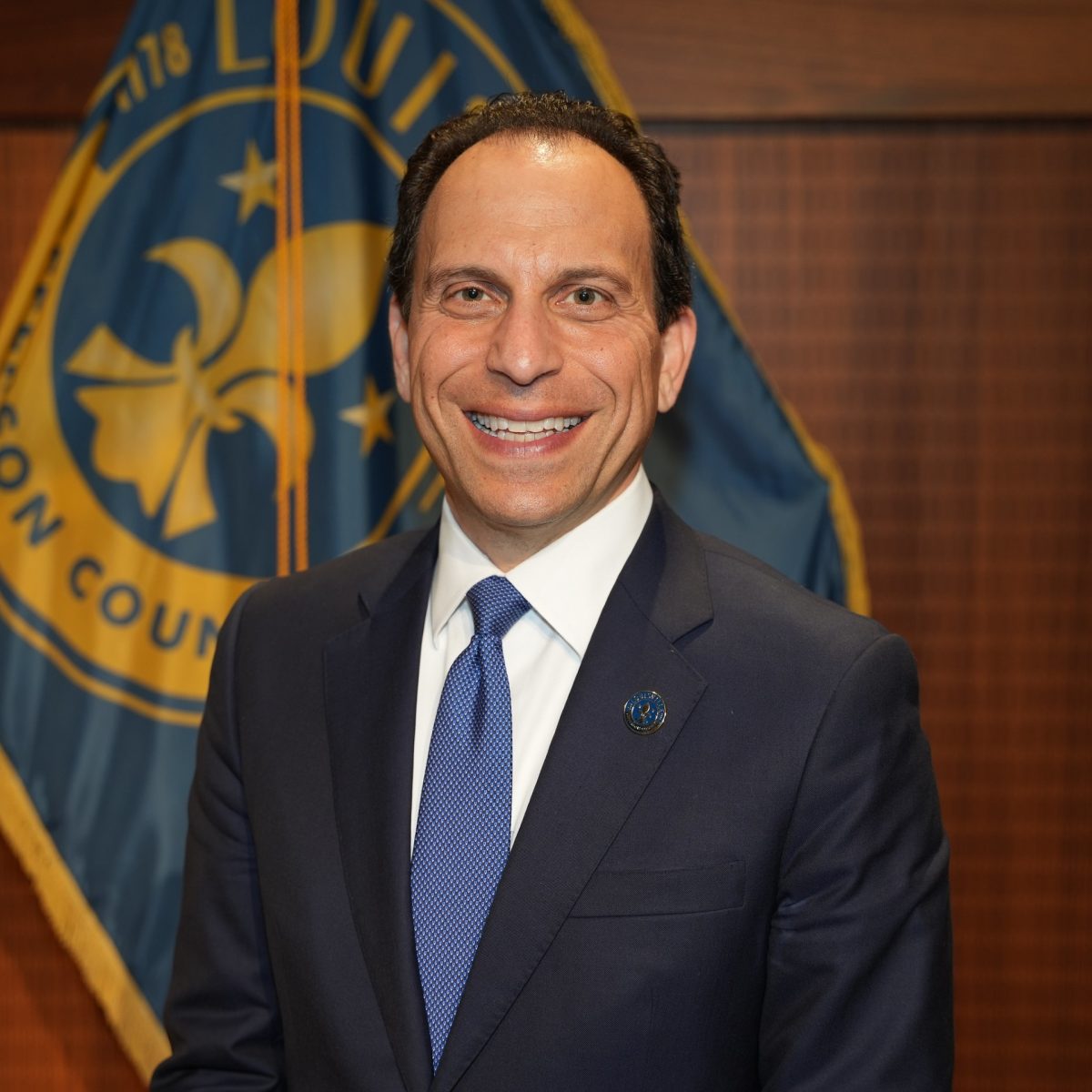Music — we all listen to it, we all love some genres of it, but not many of us possess the talent to perform it. An estimated three percent of the world population plays a musical instrument. But of that three percent, how many musicians play for the emotion, because of how the music makes them feel?
Trinity junior Holden Mathis, who has been playing drums, piano and guitar for about three years, is passionate about music.
Mathis is a fan of post-rock, alternative, hardcore and indie bands like Motion City Soundtrack, Modest Mouse, The Story So Far, Blink-182, Balance and Composer, Death Cab for Cutie, and La Dispute.
“When I play, it can frustrate me so much when I can’t get a fill right, or when I get a triple stroke wrong, or when I mess up on an accent hit,” Mathis said. “But music can also make me feel a lot better, in that it helps me vent a lot of the time.”
Trinity senior Alec Dominguez has played marimba, an instrument primarily used in marching bands, for four years. He said, “I love playing marimba. When I play, I feel like I am the only person in my own little world.”
Music also has a big impact on those who sing. For Atherton sophomore K Elizabeth Kroencke, singing does a lot for her.
“Singing usually soothes me,” she said. “The action of singing and focusing on melody and lyrics helps change my mood if I’m upset — into a more focused and calm one.”
Many agree that playing music affects them in a strong way, but there are some who have played the majority of their life without an emotional attachment. Trinity junior Sam Richardson is one of those people.
“I’m really not the kind of person to express my emotions through music, and I’ve never been able to let music affect my emotions,” Richardson said. “I play music…because my girlfriend loves it.”
For almost 13 years Richardson, often called one of the most musically talented students at Trinity, plays an assortment of instruments including guitar, piano, drums, bass, mandolin, accordion, harmonica, violin, trumpet and clarinet.
While Richardson says he doesn’t feel a strong emotional attachment to music, many people embrace the emotion in music.
Ballard junior Tai Lindh, lead singer and guitarist for the band The Attics, plays the drums, guitar, bass guitar, ukulele and small assortments of woodwind instruments. He has been making music for nearly six years.
“Emotions are expressed through behavior, so I see playing music as another behavior to express emotions,” Lindh said. “Usually playing really helps me feel better if I’m down, or it gets me pumped up and excited when I’m already in a good mood.”







